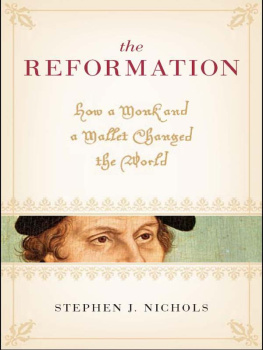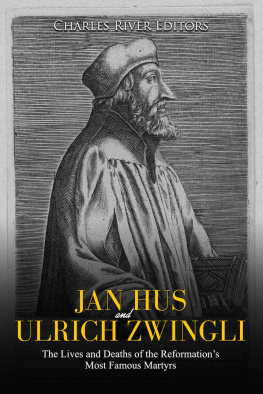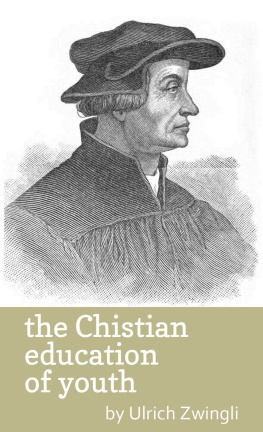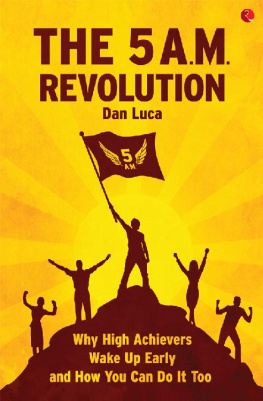Luca Baschera - Following Zwingli: Applying the Past in Reformation Zurich
Here you can read online Luca Baschera - Following Zwingli: Applying the Past in Reformation Zurich full text of the book (entire story) in english for free. Download pdf and epub, get meaning, cover and reviews about this ebook. publisher: Routledge, genre: Religion. Description of the work, (preface) as well as reviews are available. Best literature library LitArk.com created for fans of good reading and offers a wide selection of genres:
Romance novel
Science fiction
Adventure
Detective
Science
History
Home and family
Prose
Art
Politics
Computer
Non-fiction
Religion
Business
Children
Humor
Choose a favorite category and find really read worthwhile books. Enjoy immersion in the world of imagination, feel the emotions of the characters or learn something new for yourself, make an fascinating discovery.

- Book:Following Zwingli: Applying the Past in Reformation Zurich
- Author:
- Publisher:Routledge
- Genre:
- Rating:4 / 5
- Favourites:Add to favourites
- Your mark:
- 80
- 1
- 2
- 3
- 4
- 5
Following Zwingli: Applying the Past in Reformation Zurich: summary, description and annotation
We offer to read an annotation, description, summary or preface (depends on what the author of the book "Following Zwingli: Applying the Past in Reformation Zurich" wrote himself). If you haven't found the necessary information about the book — write in the comments, we will try to find it.
Luca Baschera: author's other books
Who wrote Following Zwingli: Applying the Past in Reformation Zurich? Find out the surname, the name of the author of the book and a list of all author's works by series.
Following Zwingli: Applying the Past in Reformation Zurich — read online for free the complete book (whole text) full work
Below is the text of the book, divided by pages. System saving the place of the last page read, allows you to conveniently read the book "Following Zwingli: Applying the Past in Reformation Zurich" online for free, without having to search again every time where you left off. Put a bookmark, and you can go to the page where you finished reading at any time.
Font size:
Interval:
Bookmark:
Friend and Colleague
Universitt Zrich, Switzerland
Yale University, USA
Universitt Zrich, Switzerland

2 Park Square, Milton Park, Abingdon, Oxon OX14 4RN
711 Third Avenue, New York, NY 10017, USA
Product or corporate names may be trademarks or registered trademarks, and are used only for identification and explanation without intent to infringe.
A catalogue record for this book is available from the British Library.
ISBN 9781315582573 (ebk)
Bruce Gordon with Luca Baschera and Christian Moser
Mark Taplin
Jon Delmas Wood
Torrance Kirby
Christian Moser
Rebecca A. Giselbrecht
Kurt Jakob Retschi
Urs B. Leu
Luca Baschera
Matthew McLean
Bruce Gordon
Zurich
Font size:
Interval:
Bookmark:
Similar books «Following Zwingli: Applying the Past in Reformation Zurich»
Look at similar books to Following Zwingli: Applying the Past in Reformation Zurich. We have selected literature similar in name and meaning in the hope of providing readers with more options to find new, interesting, not yet read works.
Discussion, reviews of the book Following Zwingli: Applying the Past in Reformation Zurich and just readers' own opinions. Leave your comments, write what you think about the work, its meaning or the main characters. Specify what exactly you liked and what you didn't like, and why you think so.










